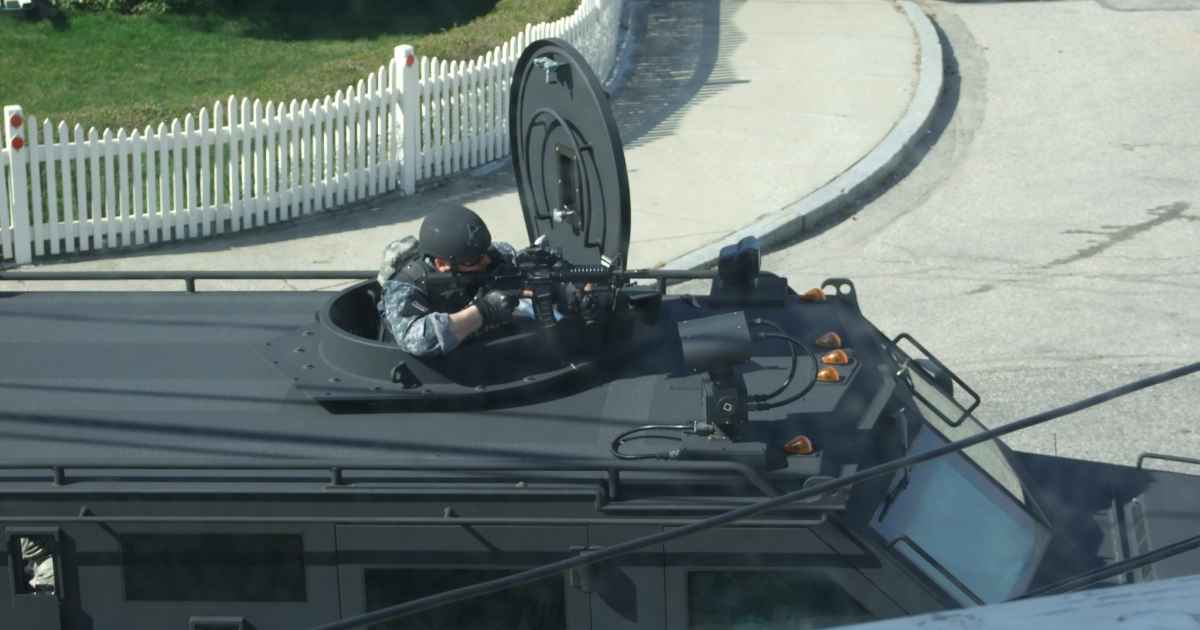Welcome to the Police State, Brehs. You will not enjoy your stay.
It's already been known Police have no constitutional rights to serve and protect the people. They protect property and that is all.
http://www.nytimes.com/2005/06/28/politics/28scotus.html
http://en.wikipedia.org/wiki/Warren_v._District_of_Columbia
1856, the U.S. Supreme Court (South v. Maryland) found that law enforcement officers had no duty to protect any individual. Their duty is to enforce the law in general. More recently, in 1982 (Bowers v. DeVito), the Court of Appeals, Seventh Circuit held, "...there is no Constitutional right to be protected by the state against being murdered by criminals or madmen. It is monstrous if the state fails to protect its residents... but it does not violate... the Constitution." Later court decisions concurred: the police have no duty to protect you.
It's already been known Police have no constitutional rights to serve and protect the people. They protect property and that is all.
http://www.nytimes.com/2005/06/28/politics/28scotus.html
http://en.wikipedia.org/wiki/Warren_v._District_of_Columbia
1856, the U.S. Supreme Court (South v. Maryland) found that law enforcement officers had no duty to protect any individual. Their duty is to enforce the law in general. More recently, in 1982 (Bowers v. DeVito), the Court of Appeals, Seventh Circuit held, "...there is no Constitutional right to be protected by the state against being murdered by criminals or madmen. It is monstrous if the state fails to protect its residents... but it does not violate... the Constitution." Later court decisions concurred: the police have no duty to protect you.





